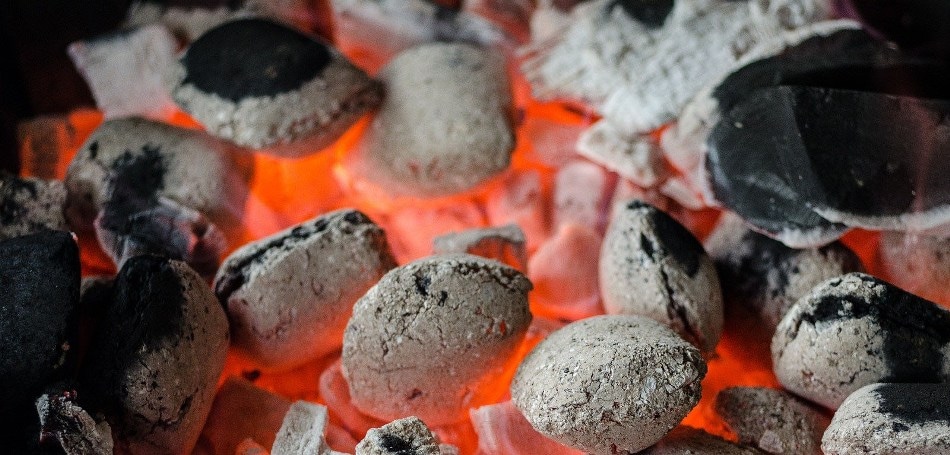Nov 27 2019
A researcher from Queen’s University Belfast has created a low-cost technology that can convert unused barley from alcohol breweries into carbon. This carbon could be used as a renewable fuel for homes during winter and as charcoal for water filters or summer barbecues in developing countries.
 Image Credit: Queen’s University Belfast
Image Credit: Queen’s University Belfast
Every year, in the European Union (EU), breweries discard nearly 3.4 million tons of unused grain, equivalent to the weight of 500,000 elephants.
Dr Ahmed Osman, School of Chemistry and Chemical Engineering, Queen’s University Belfast, produced sufficient activated carbon to spread across 100 football pitches with just 1 kg of the grain.
The findings were reported in the Journal of Chemical Technology and Biotechnology.
There are only a few steps in our low cost and novel approach—drying the grain out and a two-stage chemical and heat treatment using phosphoric acid and then a potassium hydroxide wash, both of which are very low cost chemical solutions. This then leaves us with activated carbon and carbon nanotubes—high value materials which are very much in demand.
Dr Ahmed Osman, School of Chemistry and Chemical Engineering, Queen’s University Belfast
Dr Osman continued, “Liquid forms of carbon are normally shipped to the UK from the Middle East, and solid biocarbon, in the form of wood pellets is shipped from the US and elsewhere. Using this new technique, we can utilise more locally produced resources, reduce emissions linked with the agriculture sector, and we are also creating a high-value product.”
“Across the globe there is a real demand for carbon as it is used to create fuel for households, parts for water filters and charcoal for barbecues. If we are able to take something that would otherwise be a waste and turn it into a useful biofuel, it can only be a good thing for our planet. It could really help to solve global waste and energy problems,” he added.
The synthesis of value-added products from barley waste is a prime example of the circular economy, by taking a waste food by-products and creating a high-value product. It has benefits to the environment and society through economic and social opportunities.
Dr Ahmed Osman, School of Chemistry and Chemical Engineering, Queen’s University Belfast
The research was financially supported by EPSRC and The Bryden Centre at Queen’s University Belfast. It was conducted in partnership with Queen’s University Belfast, South West College, and Sultan Qaboos University in Oman.
Dr Osman hopes to explore the likelihood of commercializing the technique for synthesizing carbon nanotubes and activated carbon.
The research on producing biofuels from waste by Queen’s University will be presented in a forthcoming major conference, Engineering the Energy Transition, to be held between February 26th and 28th, 2020, in Belfast.